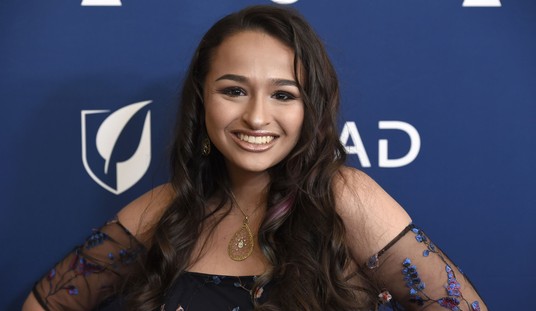Another sign of how competitive this fall’s midterm elections have become to control the House of Representatives:
The Republican Party, led by an up-and-coming female representative from New York, has more than doubled the number of women candidates it has recruited to run for House seats across the country.
This cycle the GOP has 103 female candidates, including incumbents, compared to 48 in 2016.
“We’ve seen an intense level of interest from Republican women in running for Congress this cycle,” said Jesse Hunt, press secretary for the National Republican Congressional Committee. “And some of the strongest candidates we have running currently are females in competitive districts.”
Republicans have not always been this successful. After a disappointing recruiting drive two years ago, the GOP campaign committee asked New York Rep. Elise Stefanik to oversee the effort. The 33-year-old Stefanik was the youngest woman ever elected to the House four years ago. The House GOP caucus currently contains two dozen women.
This year, according to Rutgers’ Center for American Women and Politics, Democrats have 305 women including incumbents seeking House seats, a reflection of that party’s vigorous recruiting efforts among women, small business owners and veterans. An obvious attraction for that side is the strong anti-Trump sentiment among liberals.
“Republicans cannot perform poorly with women and continue to be a majority party in the country,” said GOP strategist Matt Mackowiak. College-educated working women in suburbs and cities are an increasingly important voter segment sought by both parties.
Democrats need only gain 23 House seats to reinstall San Francisco’s Nancy Pelosi, who was the first female House Speaker. Current Speaker Paul Ryan is retiring.
Another reason for the strong female recruiting is Maggie’s List, an eight-year-old conservative women’s group designed to counter similar groups on the left, such as Emily’s List.
According to Maggie’s List executive director Missy Shorey, she now sees more GOP women eager to seek office and fewer of them need encouragement to do so, once a big barrier to recruitment efforts.








Join the conversation as a VIP Member